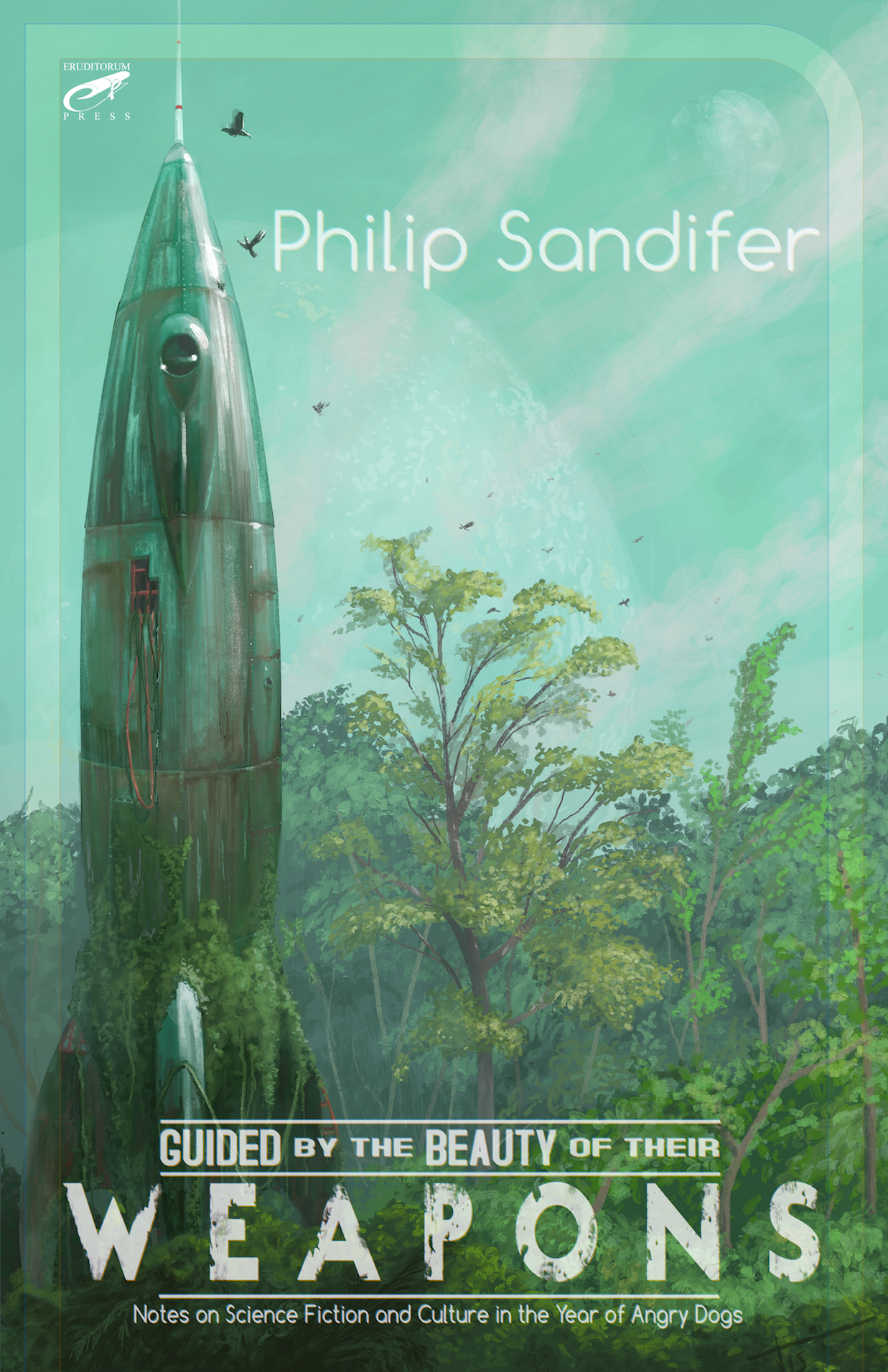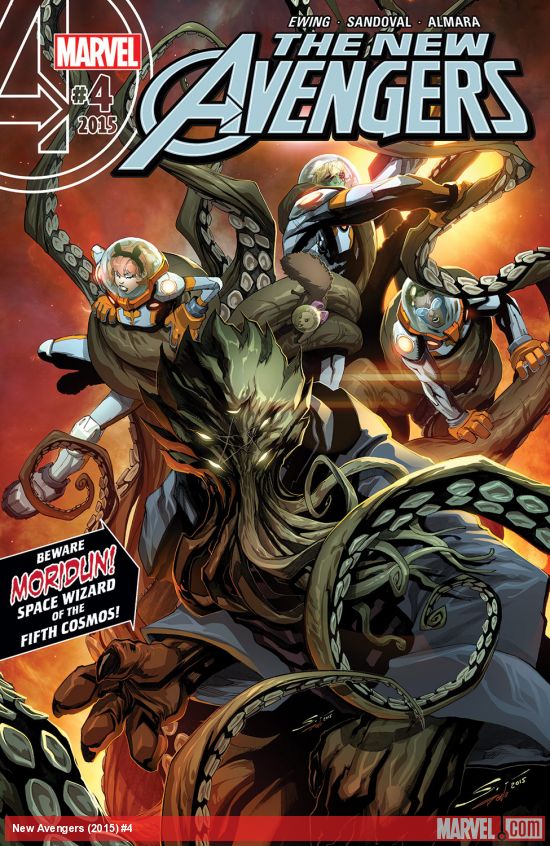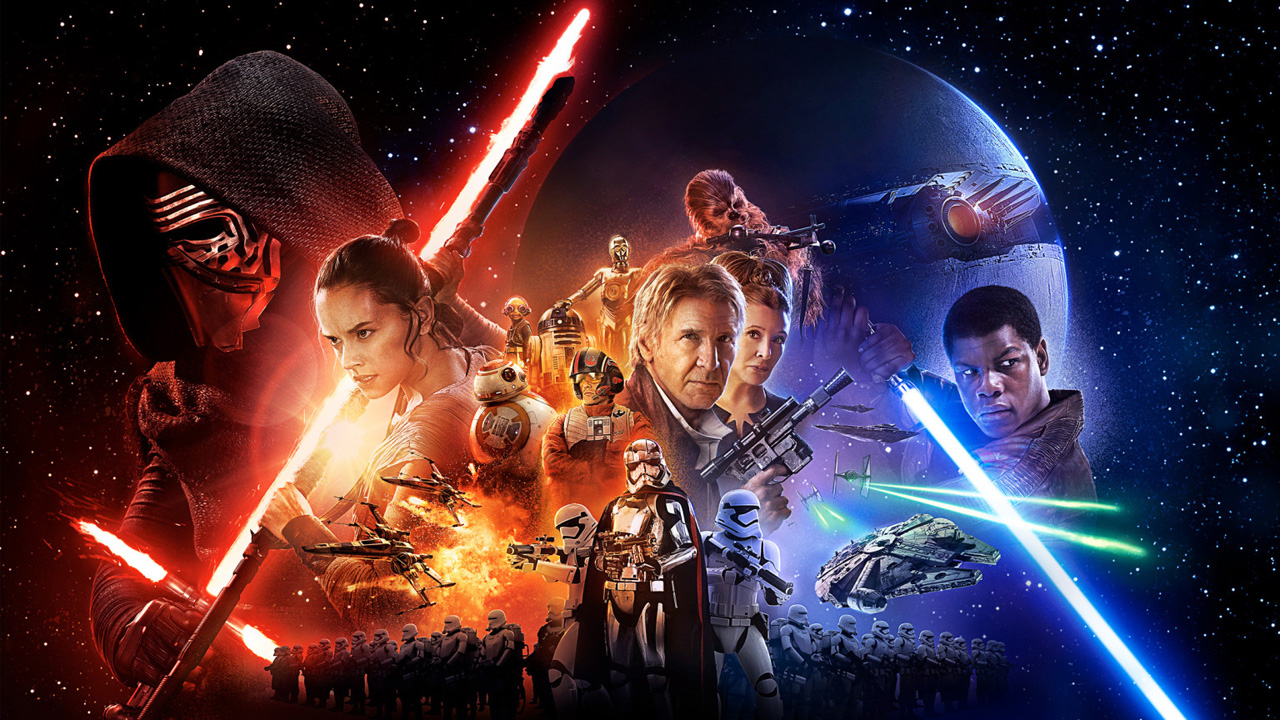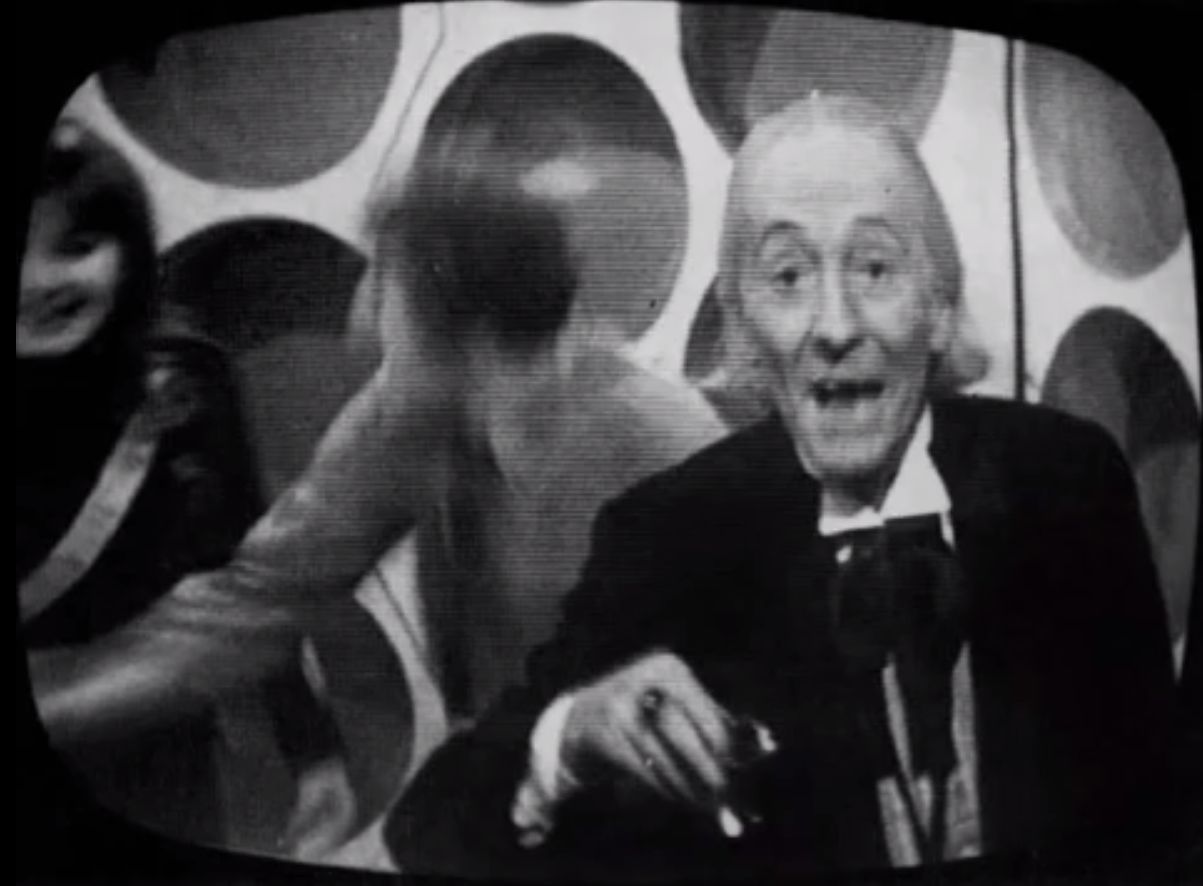 Box Day, as it were.
Box Day, as it were.
So, it’s not exactly news that this has been coming, but Guided by the Beauty of Their Weapons is now available. Purchase links below. As always, I have no preference where you buy.
US Kindle. US Print.
UK Kindle. UK Print.
Smashwords (epub version).
Guided by the Beauty of Their Weapons is my end-of-year collection, which is to say, a collection of my best work in 2015. For what it’s worth, which is, I hope, either $6.99 or $19.99 depending on your choice of formats, I think it’s also just my best book outright. Plus it has a space ship on the cover.
It’s not a book about Vox Day. It’s a book that starts with Vox – indeed with a revised and expanded version of the title essay. If you liked it before, and lots of people did, you’ll love it now. The background is more thorough, providing a pocket history of the Hugos and a full history of the Puppies. The definition of fascism is more rigorous (I use Umberto Eco’s “Ur-Fascism” for it). The analysis of Vox Day is more substantive. And I talk a bit about Ursula Vernon’s “Jackalope Wives” and contrast it with a John C Wright story, which is really funny. And it’s got my interview with Vox, the Shabcast “afterparty” (Jack is very happy to have himself saying “fuck you, Vox Day” in print in an actual book; page 167, incidentally) and some other stuff that mentions him.
It’s also got a preview chapter of The Last War in Albion Volume 1 (the V for Vendetta chapter), a sort of best-of of The Super Nintendo Project, and the complete text of Recursive Occlusion, which also marks that book’s debut in ebook form. And a ton of stand-alone essays, including my big guide to Janelle Monae’s Metropolis Suite, my piece on True Detective, Hannibal, and the anthropocene extinction, and a short story in which I casually propose how to end capitalism. Oh, and an exclusive twenty-five page interview with Peter Harness about The Zygon Invasion/The Zygon Inversion in which he reveals his rejected Doctor Who pitch featuring “beheaded medieval bishops, gigantic wicker men, and Scottish nationalism.”
But none of this quite describes what the book is.
Warren Ellis, in one of his frequent bouts of profound wisdom, describes the job of the writer as just looking up, at the world, and describing what you see. 2015 was a year where the progressive science fiction tradition I ply my trade in came under a sustained attack. We fought back, and we won, but it was an ugly, harsh year. And that’s the sort of year where it’s important to do that. And that, more than anything, is what Guided by the Beauty of Their Weapons is: an attempt to take stock and say “here’s where we are” in the wake of a hell of a year. An effort that starts by dealing with the right-wing zealots, but that moves on to far bigger questions like “other than opposing the fascists who explicitly want a scorched earth policy where the world is devoid of any expression of progressive values whatsoever, what should we be thinking about?”…
Continue Reading

 Box Day, as it were.
Box Day, as it were. An effective holiday farce that serves as a fitting end to the story of River Song. It’s not much more than that, but it makes no claim to be, and you can hardly fault a Christmas special for its froth. So, all told, good episode.
An effective holiday farce that serves as a fitting end to the story of River Song. It’s not much more than that, but it makes no claim to be, and you can hardly fault a Christmas special for its froth. So, all told, good episode.
 Take time off from wading through the flooded ruins of your home and join the entire ‘inner party’ (as it were) of Eruditorum Press – Holly, myself, James, Jane, Kevin and Phil – for Shabcast 14, a massive festive blather-session. (Anna was invited, but was too tired from doing little things like, y’know, fixing the site.)
Take time off from wading through the flooded ruins of your home and join the entire ‘inner party’ (as it were) of Eruditorum Press – Holly, myself, James, Jane, Kevin and Phil – for Shabcast 14, a massive festive blather-session. (Anna was invited, but was too tired from doing little things like, y’know, fixing the site.) Chew #53
Chew #53 Well, it’s no “Tilotny Throws a Shape.”
Well, it’s no “Tilotny Throws a Shape.”
 For you holiday pleasure, I gift to you this little lovely essay on The Feast of Steven. Which is neither a reference to the current showrunner, nor to the marvelous Steven Universe, despite their similarities. No, this is the seventh episode in the epic The Daleks’ Masterplan, and quite possibly one of the best therein. See, at this point in the show, as Phil so eloquently inscribed back in the early days of TARDIS Eruditorum, Doctor Who had swung away from its counterculture ethics and aesthetics, and Masterplan was certainly a part of that swerve, an insistent undermining of the Doctor’s efficacy and the show’s overall optimism. But for one shining moment on Christmas Day, 1965 (despite a singular dark splotch within that moment) this was most certainly not the case.
For you holiday pleasure, I gift to you this little lovely essay on The Feast of Steven. Which is neither a reference to the current showrunner, nor to the marvelous Steven Universe, despite their similarities. No, this is the seventh episode in the epic The Daleks’ Masterplan, and quite possibly one of the best therein. See, at this point in the show, as Phil so eloquently inscribed back in the early days of TARDIS Eruditorum, Doctor Who had swung away from its counterculture ethics and aesthetics, and Masterplan was certainly a part of that swerve, an insistent undermining of the Doctor’s efficacy and the show’s overall optimism. But for one shining moment on Christmas Day, 1965 (despite a singular dark splotch within that moment) this was most certainly not the case. A guest post by Jill Buratto
A guest post by Jill Buratto